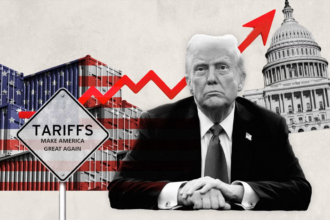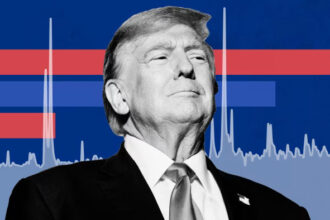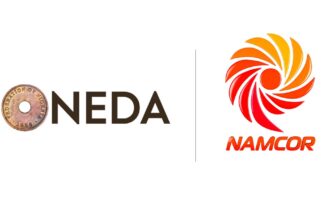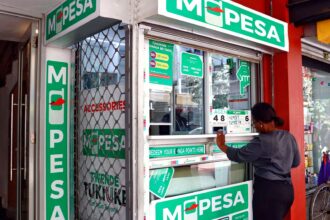Nigeria’s Central Bank (CBN) has announced a ₦150 million fine for deposit money banks and financial institutions involved in the sale of newly minted banknotes to currency hawkers. This decision, detailed in a circular dated December 13, comes amid a prolonged cash shortage that has left many Nigerians struggling to access cash through ATMs and over-the-counter services.
Background on the Cash Crisis
The current cash crisis in Nigeria began in late 2022, fueled by the CBN’s controversial currency redesign policy aimed at reducing counterfeit currency and limiting cash outside banks. Unfortunately, this initiative led to an unintended shortage of cash, resulting in widespread frustration among citizens who found it increasingly difficult to obtain cash.
Despite the suspension of the currency redesign policy, the shortage persisted, prompting a surge in demand for cash through alternative channels. Many have turned to Point of Sale (POS) agents, who often source banknotes from informal traders, including supermarkets and fuel stations.
Impact of Currency Hawkers
Currency hawkers, who purchase fresh notes from banks and resell them at a markup during events, have further exacerbated the cash crisis. Reports indicate that POS agents have been selling newly minted notes in busy markets in Lagos, complicating the situation.
In response to the CBN’s new fines, several banks have begun to comply with the directives. Sources indicate that at least two major commercial banks in Lagos ceased disbursing mint banknotes over the counter as of Wednesday.
CBN’s Stance
The CBN emphasized that any banks or financial institutions found facilitating the illicit flow of mint banknotes to traders and other unscrupulous agents would face significant penalties. The CBN will initially fine each offending branch ₦150 million, with the possibility of further action under the Bank and Other Financial Institutions Act (BOFIA) 2020 for repeat offenses.
The effectiveness of these fines in addressing the systemic issues surrounding cash distribution remains uncertain, particularly as cash-heavy businesses may continue to sell their banknotes to POS agents, thereby reducing the liquidity available to banks.
As Nigeria grapples with these challenges, the CBN’s measures aim to restore efficient cash distribution and mitigate the impact of currency hawkers on the economy.














